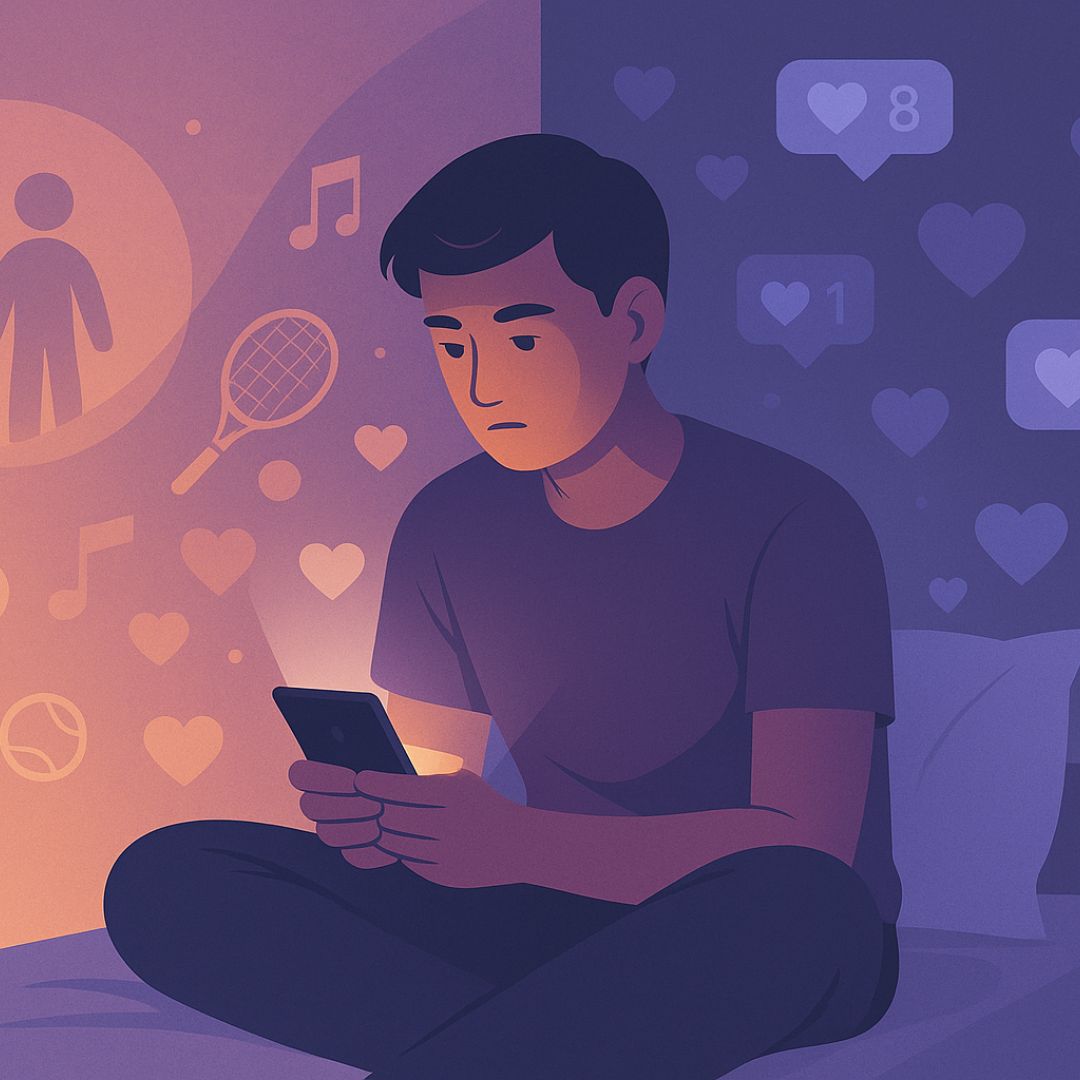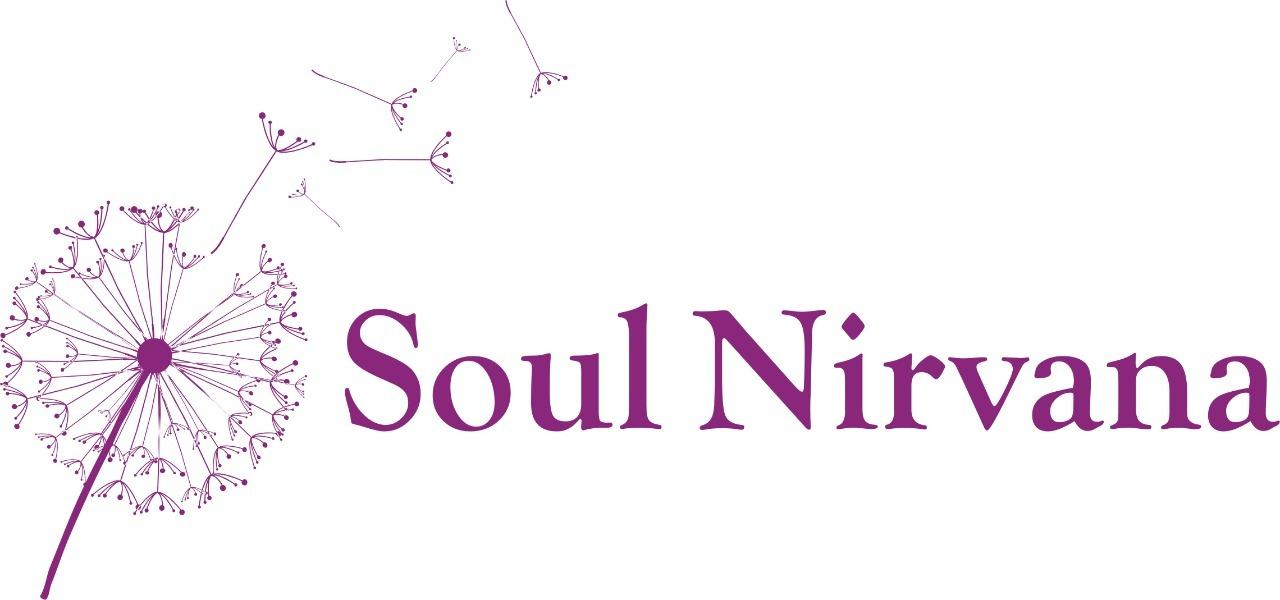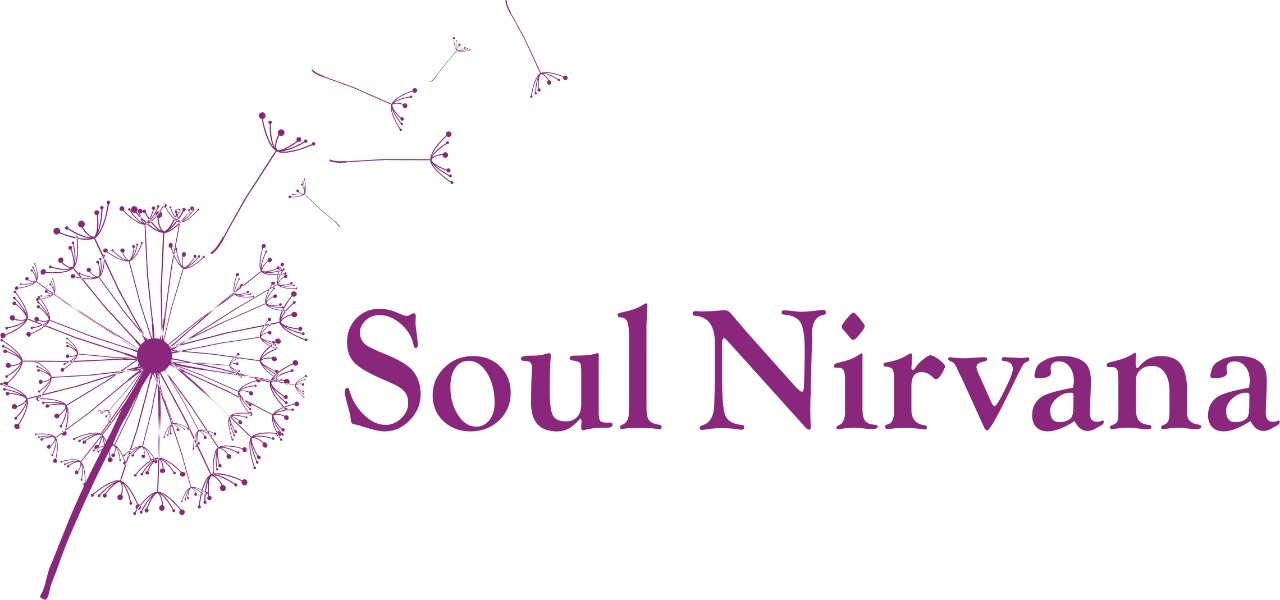The Psychology of Online Validation — Likes, Followers & Self-Worth

You post a photo. You refresh your screen. A “like”. Two. Three. You feel a little happier. Maybe someone chooses to follow you. A new follower notification pops up. And suddenly you feel noticed.
Then later: a post doesn’t get many likes. You feel a little disappointed.
It’s not just you—it happens to many of us. In today’s world, likes, comments and followers often start to feel like a measure of worth.
In this post, we’ll talk about why this happens, what it does to us, and how we can use social media without letting it shape all of how we feel about ourselves.
Why Likes and Followers Feel Like Approval
When you get a like or a new follower, your brain says: “Someone saw me. Someone chose me.”
That feels good. That feels like approval.
Here are simple reasons why:
- Social media gives quick feedback. A post → likes → “I’m seen”.
- Humans naturally want to belong and to feel valued. Likes and follows tap into that.
- Research shows that when people use social media a lot, especially for approval, it can pull their self-esteem up or down depending on feedback
- Also, when you see others with many likes/followers, you begin to compare: “Why don’t I have as many?” That’s a known pattern called social comparison.
What Happens When Self-Worth Depends on Online Metrics
When we tie our value to numbers (likes, followers), a few tricky things can begin:
- A good post gets many likes → you feel great, special.
- A post gets few likes → you feel ignored, unimportant.
- You start posting not because you like sharing, but because you want likes.
- You compare how many people follow you vs how many they do → “Am I less?”
Studies show: more time spent chasing likes/approval online can link with lower self-esteem, mood swings, and feeling anxious.
It doesn’t mean social media is evil—but when our self-worth rides on it, things get shaky.
The Good Side & The Risk Side of Online Validation
Good Side:
- Social media can help you feel connected, seen, part of something.
- It can allow you to share your voice, your story, your creativity.
- It can help build community, find friends who like you for you.
Risk Side:
- The “likes = worth” idea can sneak in.
- You might post things not because you want to, but to please others.
- You might stop sharing real stuff and start sharing only what you think will get likes.
- You might feel empty when you have followers but don’t feel truly seen or valued.
The balance matters: using social media because you want to vs using it because others are expected to like it.
How to Use Social Media in a Healthier Way
Here are ways you can treat likes/followers with more calm, and keep your inner value separate:
- Post what feels true to you, not just what might get likes.
- Ask: “Does this reflect something I care about?” instead of “Will this get many likes?”
- Set simple boundaries.
- Maybe one hour of scrolling before bed.
- Or no checking likes immediately after posting.
- Or have a “no checking” time in the day.
- Reflect on how you feel after posting.
- “I posted this. I feel good because… or I feel bad because…”
- This builds self-awareness about why you post.
- Remind yourself: your worth is not a number.
- You don’t become more valuable because you have more followers. You don’t become less because fewer people liked you. You are you — independent of metrics.
- Focus on real-life connection.
- Friends face-to-face, family talk, hobbies you love — these feed self-worth in ways likes cannot.
- Unfollow or mute content that makes you compare badly.
- If some accounts always make you feel “less than,” consider scaling back.
When You Might Want Extra Support
If you ever notice these signs, it might be time for some help:
- Your mood goes up/down a lot based on likes/followers.
- You feel you must get lots of likes to feel “okay.”
- You hide your online activity or feel anxious about it.
- You feel less yourself online than you do offline.
- You keep scrolling and posting to get approval, but feel emptier inside.
In such cases, talking with someone who understands feelings, self-worth and online life can help. If your self-worth feels tangled with your online world, guided support can untangle it gently.
Conclusion
Likes and followers can feel important—they can make us smile, feel seen, connected.
But they don’t measure who you really are.
You have value beyond the screen. You matter whether someone presses like or not.
If you ever feel your self-worth is tied too tightly to online feedback, you’re not alone—and you don’t have to figure it out alone.
At SoulNirvana, We offer safe, human space to talk about online life, self‐worth, and what truly matters. Feel free to reach out when you’re ready. If you feel your online life is affecting how you see yourself, Psychological Counselling can help you sort through it gently. You’re welcome to connect anytime.
You can book a session now — we’re here for you.
FAQs
1. Why do I feel bad when a post gets few likes?
Because you’re hoping for approval and your brain expected a reward. When the reward is smaller than expected, you feel less good.
2. Is it wrong to want followers?
No—wanting connection is human. The risk is when the number of followers becomes the main measure of your worth.
3. How can I stop comparing myself online?
Try: unfollow accounts that make you feel bad, remind yourself your value isn’t a number, focus on your offline life.
4. When should I seek help for online validation issues?
When you notice your mood, self-worth or actions are driven by likes/followers more than by what you truly feel or want.
References
- Colak, M. Self-esteem and social media addiction level in adolescents. PMC. 2023. PMC
- “How Social Media Defines Self-Worth.” DrishtiIAS. 2025. Drishti IAS
- “The Like Effect: How Social Media Impacts Your Self-Esteem.” MentalZon. 2025. Mentalzon
- Taylor J., Armes G. Social comparison on Instagram, and its relationship with self-esteem and body-esteem. 2024. SpringerLink

Ms Sonali Sikdar
Ms Sonali empowers individuals to grow, heal, and align their careers with their inner calling.
Related Blogs
No related blogs available.

